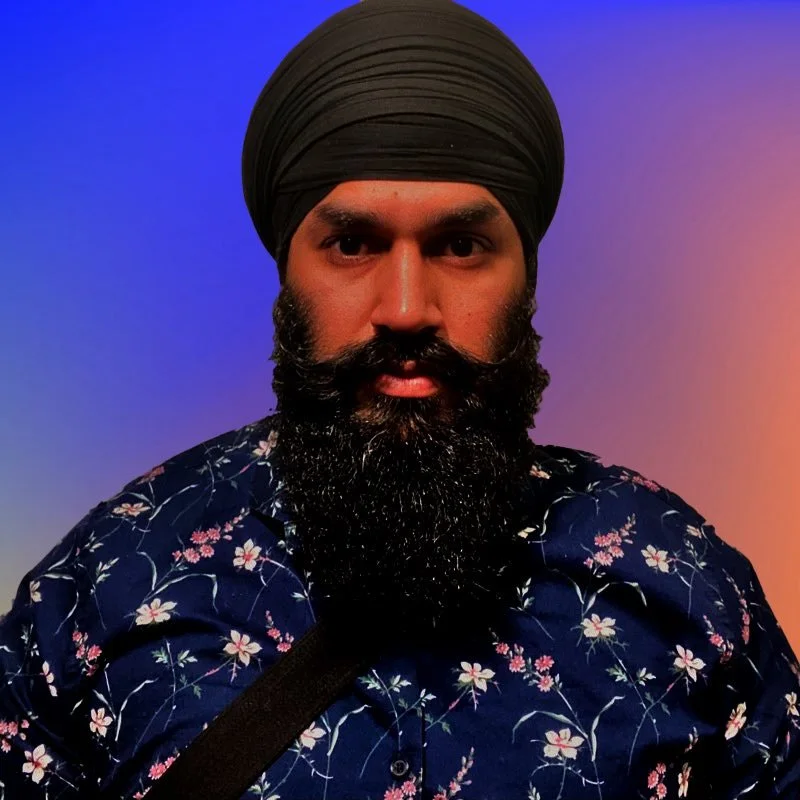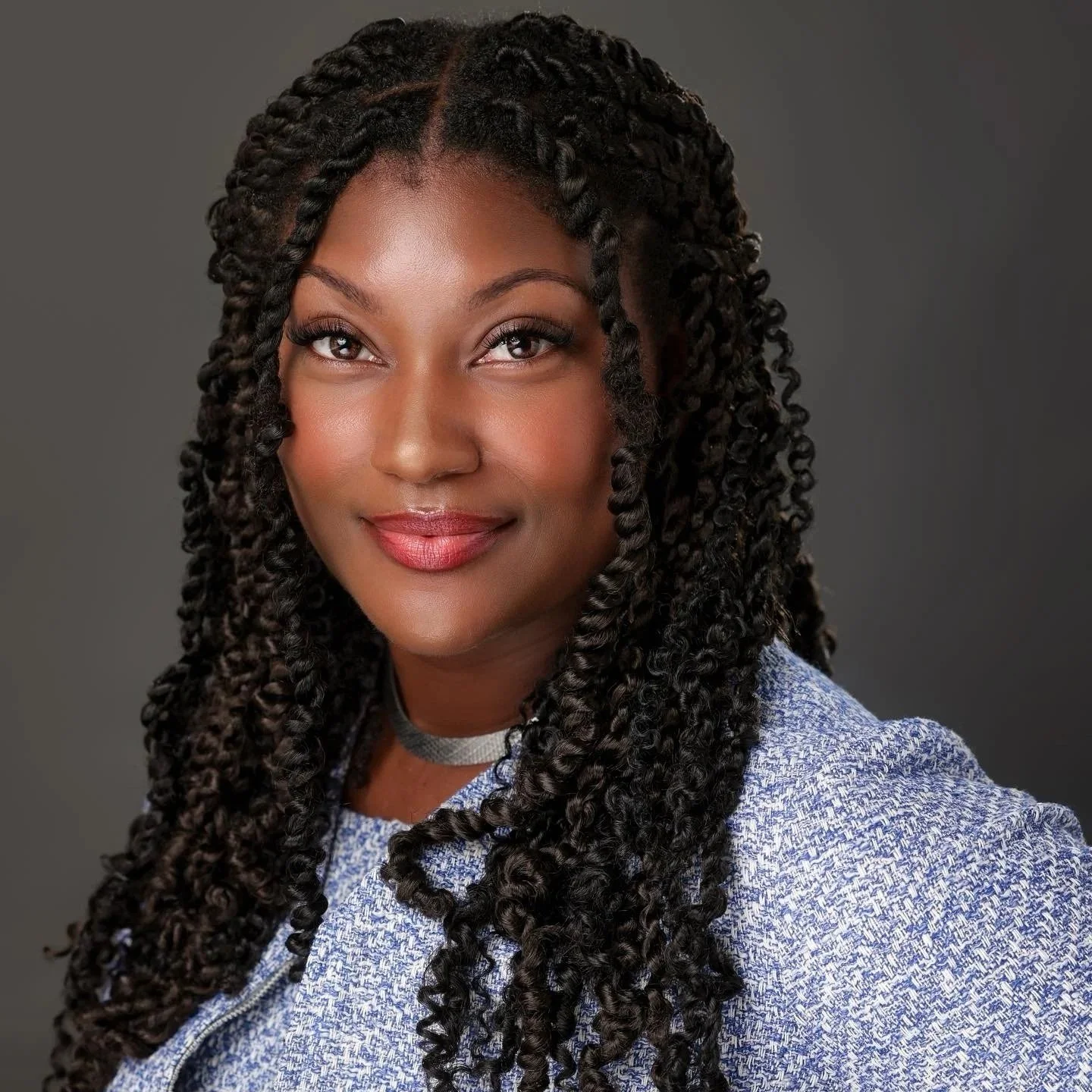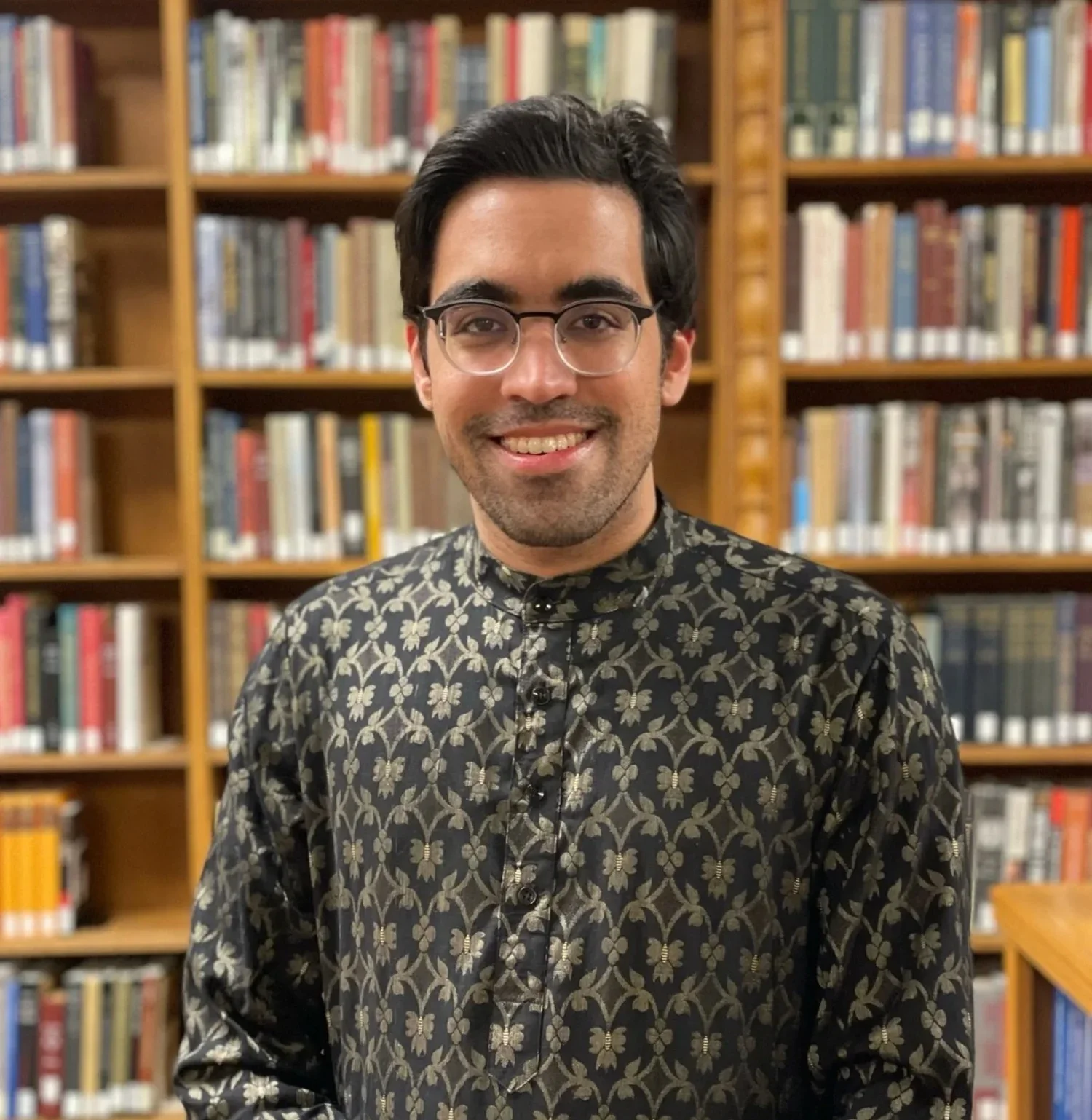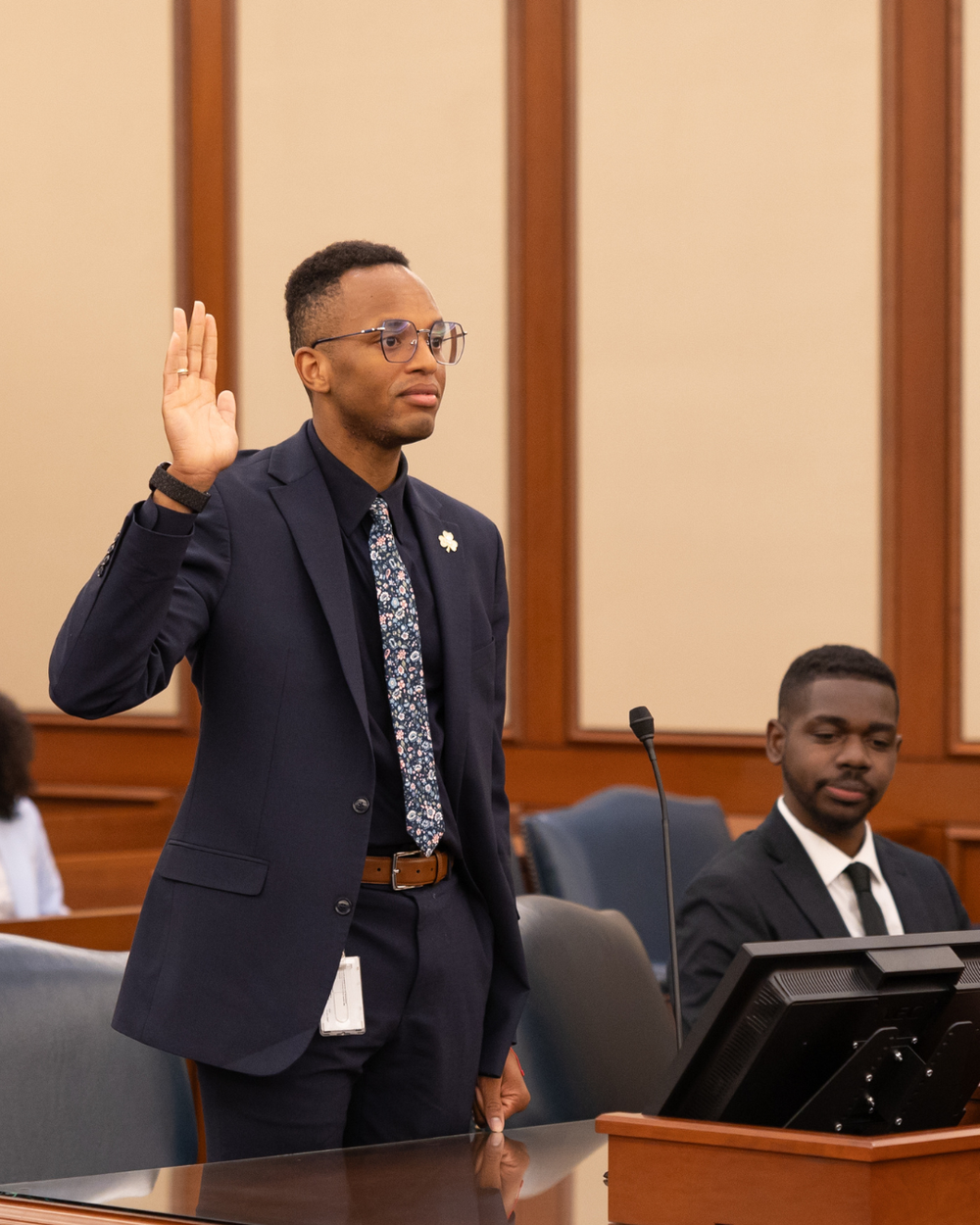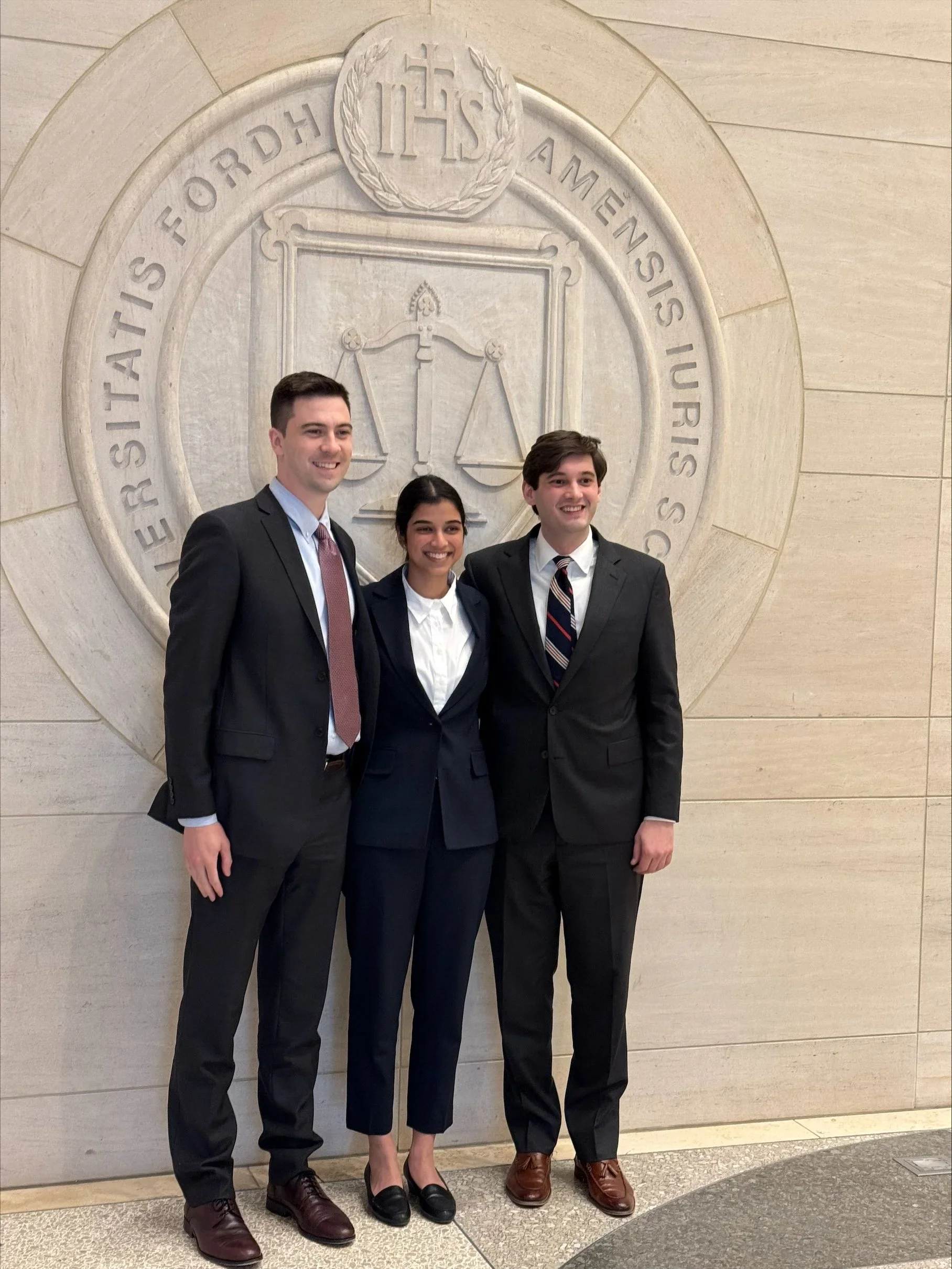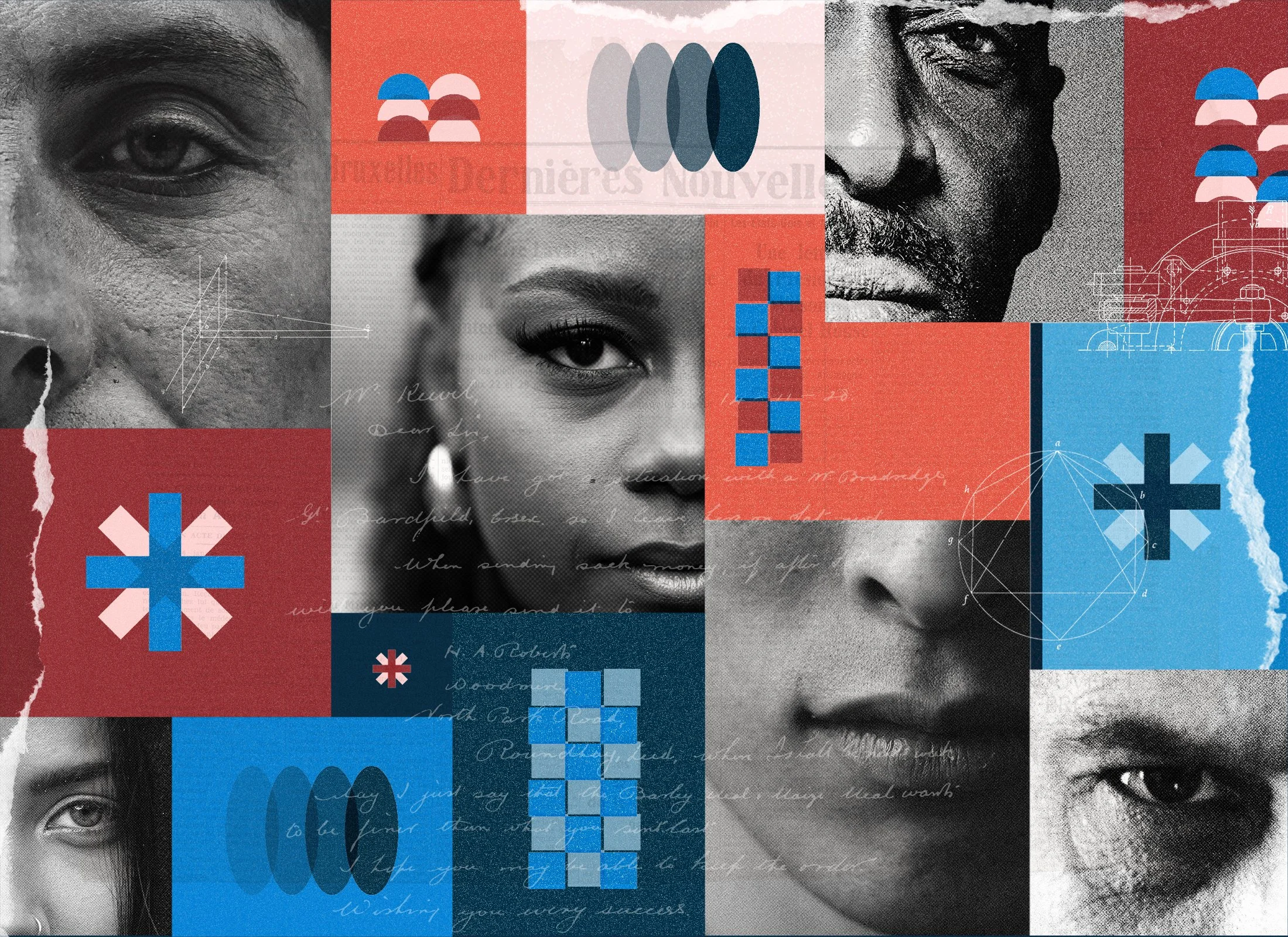
Our Impact
Since 2019, TAP has supported more than 600 law students with mentorship, resources, and networking opportunities that open doors into the appellate field. Our alumni are clerking in state and federal courts, litigating at top law firms and advocacy organizations, and contributing to the legal scholarship and debate that shape how justice is understood and delivered in our country.
Our Theory of Change
We believe lasting change starts with opening doors and ensuring people have the tools and support to walk through them. Our programs begin by raising awareness that appellate practice is a career path within reach for talented law students from underrepresented backgrounds. We then build skills and confidence through mentorship, training, and community.
As our program alumni move into clerkships, fellowships, and early-career appellate roles, they gain sponsorship and visibility from judges, senior practitioners, and peers. These connections help launch them into the next stage of their careers. Over time, they will step into influential roles in the judiciary, top law firms, government, and advocacy—positions where they can help shape precedent, expand access to justice, and strengthen public trust in the courts for decades to come. Just as many of our current volunteers have done, these appellate leaders will return as TAP mentors and sponsors, ensuring that every new generation has the support they need to rise even higher.
About this map
This map captures just a snapshot of our vibrant community. The alumni, law schools, and volunteer organizations highlighted here represent only a fraction of a much larger movement—see the numbers below for the full picture.
Our alumni go on to clerk, pursue fellowships, and build careers across a wide range of fields. The law schools shown reflect where they’ve studied, while the volunteer organizations featured—spanning federal and state courts, public defender offices, law firms, and public interest organizations—are just a sample of the many advocates driving our mission forward.
We’re proud to showcase the law schools and volunteer organizations connected to our community. Please note that their inclusion does not necessarily indicate a formal partnership or endorsement.
This map captures just a snapshot of our vibrant community
TAP’s community reflects the growing influence of our work across the appellate field. Our alumni are making a difference in federal and state courts, law firms, government, academia, and public interest organizations. Our volunteers include appellate judges, former solicitors general, and leading advocates committed to building a more just and representative legal system.
By the Numbers
In just four years, The Appellate Project has built a nationwide movement to reshape who leads in appellate law. We’ve connected hundreds of talented students with thousands of judges, attorneys, and clerks—unlocking opportunities, building skills, and changing the face of our highest courts.
-
600+
student participants to date
-
1,600+
Judges, attorneys, clerks, and legal professionals engaged as volunteers
-
100+
Judge panels, court visits, writing workshops, and skill-building sessions hosted
-
100+
U.S. law schools represented
-
96%
are first-generation law students
-
97%
of mentors would serve again
in their words
Impact Report
Our 2024 impact report includes updates on:
Our award-winning Mentorship Program.
The many resources and programming we have offered over the past four years.
Inspiring testimonials that highlight our amazing volunteers.
Updates on where our incredible alumni are now.
And so much more!
Impact Stories
Your support is critical in helping us sustain this important work.
Please consider making a gift today.





















